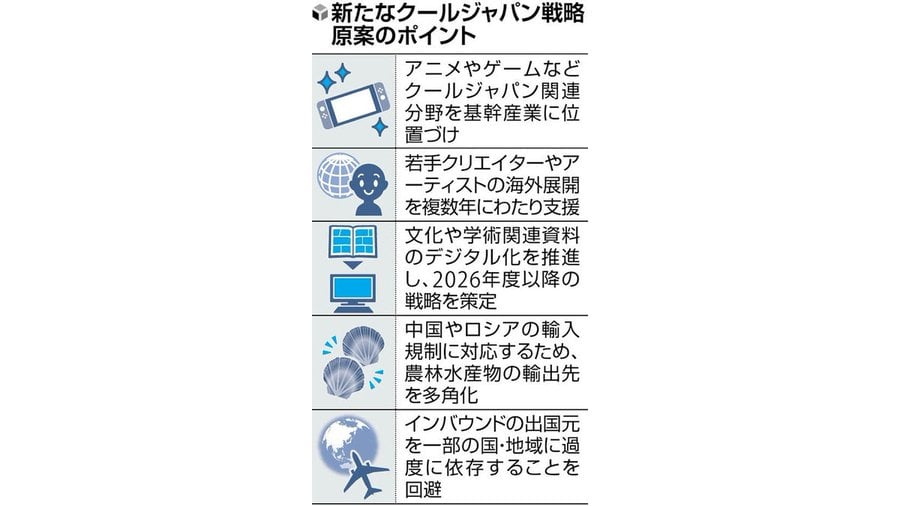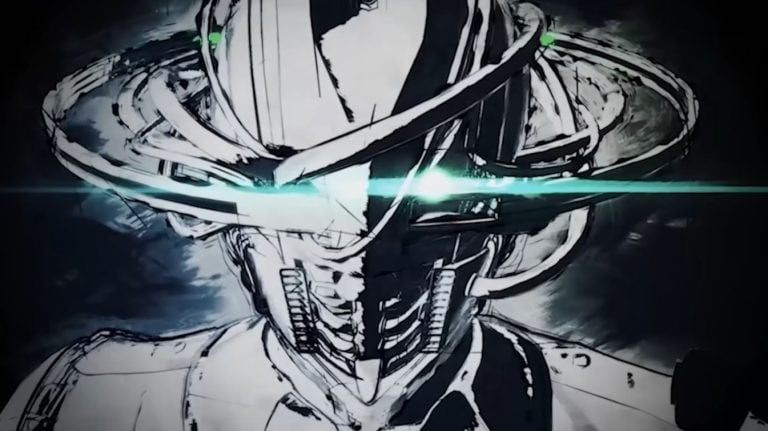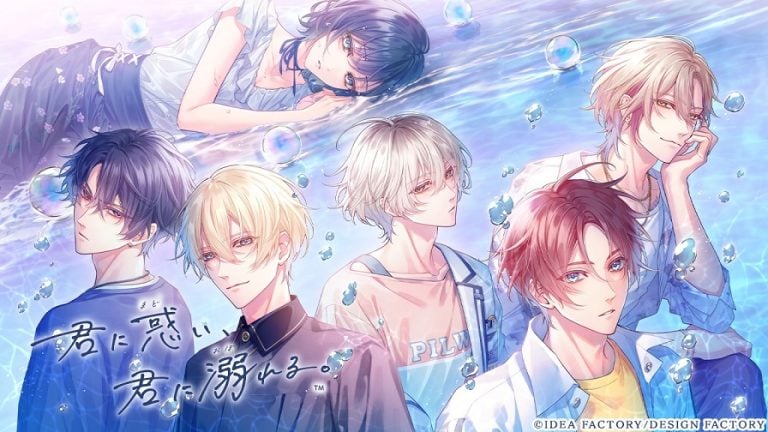For the first time in five years, the Japanese government’s Intellectual Property Strategy Headquarters is revamping its Cool Japan strategy which aims to promote Japanese culture globally and promote greater economic growth. Whereas the entirety of Cool Japan covers a broad spectrum of fields that include Japanese food, technology, fashion, and the like, this new draft puts a greater emphasis on games and anime by including them as one of Japan’s core industries.

On image: The main points of the new Cool Japan strategy
1) Anime, video games and other fields related to Cool Japan are to be positioned as core industries
2) Young creators and artists will be supported over multiple years for the purpose of overseas expansion
3) The digitalization of cultural and technological assets will be promoted and a strategy for 2026 and beyond is to be defined
4) Diversifying export destinations for agricultural, forestry, and fishery products in response to China and Russia’s import restrictions
5) Avoiding excessive dependence on certain countries/regions as sources of inbound tourism
With COVID-19 cases decreasing and the rapid increase of foreign tourism, it was only a matter of time before the Japanese government went back to revise Cool Japan. Back in 2022, Japan’s content industry (which includes manga, anime, and games) raked in an all-time high of 4.7 trillion JPY (almost 30 million USD). This number is comparable to the country’s steel industry, which made 5.1 trillion JPY (around 32 million USD) in the same year. This influx is likely why the Japanese government is focusing its efforts on supporting its local animation scene and game developers.
While the prospect of more aid from the government may sound appealing to some, Cool Japan’s stronger focus on promoting games and anime overseas has caused skepticism; particularly with how workers in the industries are currently being treated. One user comments that “something should be done about low wages and overwork caused by labor shortages in anime studios before our animators die of overwork.” It’s no secret that companies like MAPPA and the now-defunct Clover Studio have a history of asking too much from their employees, which adds truth to the public’s doubts.
The new draft for Cool Japan is set to be compiled in June of this year. Hopefully, this leftover time will allow the Japanese government to examine the anime and games industries from all possible angles and address these core issues.






Anime and Video Games I am surprised has never been a core Industry for the Government. Anime and Video Games has strong ties to Japan in America since I could remember. But I do think this is great on supporting smaller developers and studios for Video Games and especially Anime studios starting out. It can only get better from here on out when enacted.